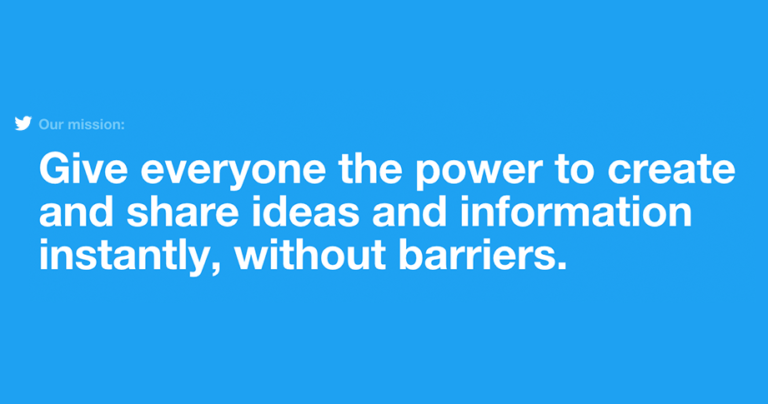Back in 2009, when I was hosting TWTRCON SF09, the world’s first Twitter-for-business conference, the notion that anyone, anywhere, could freely connect and share information with anyone, was nothing short of exhilarating. Today, however, society is struggling to understand the scope and influence of politically-motivated fake news, and we are asking ourselves whether we should be curtailing Twitter’s power to spread information “instantly,” and “without barriers.”
More than half of Americans blame Twitter and Facebook for the spreading of fake news, according to a Trust Barometer Flash Poll fielded immediately after last week’s Congressional hearings into the roles of major tech platforms played in the Russian disinformation campaign designed to disrupt last year’s U.S. presidential election. The U.S. public believes that Twitter and Facebook, in fact, are just as responsible as the Russian government in the fake news blame game, with all three being blamed by 54 percent of respondents.
The growing awareness of politically-motivated fake news is already changing behaviors, and has made it harder to build the public’s confidence in the reliability of the news they consume. Sixty-two percent say their trust in traditional news organizations has decreased. Nearly half say that sloppy or biased reporting is part of the problem. Half say they are now more careful about where they get their news, one in three is now fact-checking and verifying sources more than ever before, and one in four say they now doubt the truth of almost every news story they see.
But they’re not just changing their own behavior—they also want to see changes in how the social platforms behave. In fact, 83 percent of Americans believe that there should be one or more new laws or regulations designed to curtail the spread of fake news, including fines for companies that spread it, and requirements that the platforms label the source of the content and ads they host.
Perhaps the most surprising finding: Silicon Valley agrees that things need to change. The survey included an oversample of 113 tech company employees who live in the San Francisco Bay Area. While 83 percent of all Americans believe we need more regulation to address politically-motivated fake news, that support for more oversights jumps to 93 percent among our Silicon Valley sample.
Maybe things will change.
Tonia Ries is the executive director of Edelman Square, Edelman’s intellectual property center.


